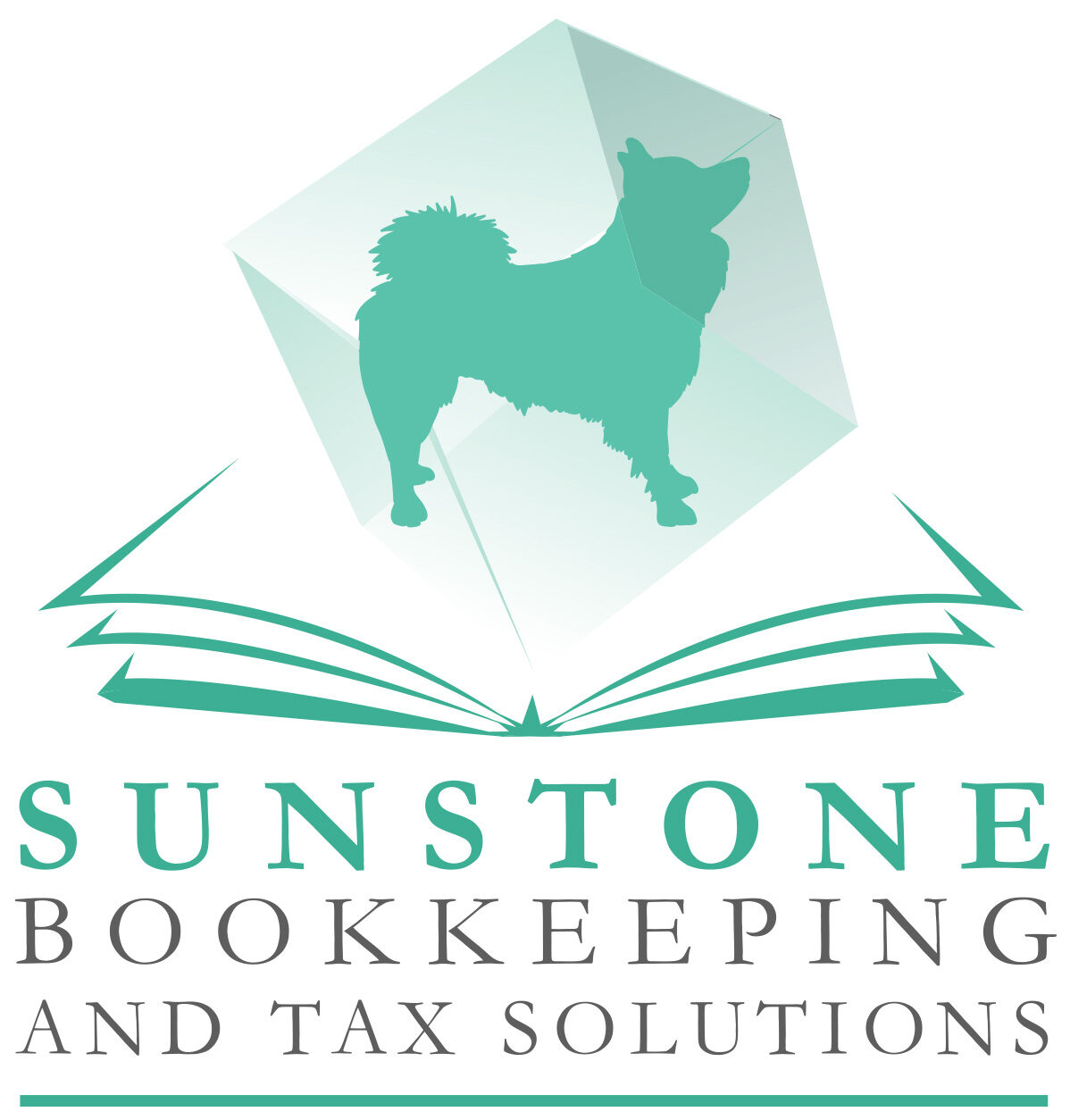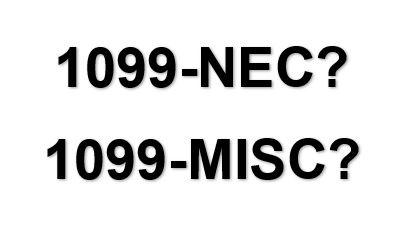 Our buddy, Peter, likes to collect comic books, comic-related paraphernalia, and card-based games. He makes a point to get special editions, plays with some packs but keeps other in original packaging. He buys and sells these items routinely.
Our buddy, Peter, likes to collect comic books, comic-related paraphernalia, and card-based games. He makes a point to get special editions, plays with some packs but keeps other in original packaging. He buys and sells these items routinely.
Question: Is Peter running a business?
Answer: A solid “maybe”.
The Internal Revenue Service has rules about what is and isn’t a business and it’s important. If your endeavor as a “side-hustle” is deemed a hobby, you cannot deduct what would normally be business expenses and could be taxed on proceeds arising from the activity, after the Tax Cuts and Jobs Act of 2017 suspended deductions for hobby expenses until 2025.
An underlying presumption is that people run businesses to make a profit. If you find yourself thinking “I really enjoy this activity and I just want it to pay for itself” or “If I don’t make a profit in any given year, then I won’t have to pay taxes” then you might have a problem.
There are three things to keep in mind that we’ll discuss in brief here: the safe-harbor provision, deferring determination of business or hobby, and the nine factors the IRS looks at. For further detail, you should consult the IRS (Publication 535, Business Expense is a good start) or your tax-preparer.
The “safe-harbor” for most businesses is that if you make a profit in at least three of the prior five tax years, you are assumed to make a profit. Why do we say “most businesses”? Because if you breed, train, show, or race horses, the time frame is at least two of the prior seven tax years.
(We here at Sunstone Bookkeeping love trivia … )
If you are a new business, you can file Form 5213 to postpone determination “ … Whether the Presumption Applies That an Activity is Engaged in for Profit” within three years of the due date of the return for the first year you start your activity.
The IRS looks at nine factors to determine if your activity is a business if you don’t meet the safe harbor requirements; no one factor alone is determinative. As the deductibility of the expenses are at jeopardy here, we are phrasing the factors in the form of a question:
- Do you carry on the activity in a businesslike manner? Have you registered the business as an entity or DBA? Do you have a written business plan? Do you maintain financial records? Peter should be keeping an inventory, tracking prices for items, finding venues frequented by buyers, etc.
- Are you putting in time and effort to make the business profitable? Spending material time on the activity (particularly if it does not have a “fun” aspect) and taking time away from another occupation are supportive of this factor. Also, hiring competent people to run the activity even if you do not personally spend a lot of time shows profit motive. Peter needs to do more than just buy comics and read them!
- Do you depend on the activity for your livelihood? If you are trying to pay the bills in part or in whole with this activity, then it is more likely to be a business in the eyes of the IRS than a hobby. Is Peter trying to make enough money here for more than buying another graphic novel?
- Did you lose money because of things you cannot control (or are normal at your stage of start-up)? This is pretty much self-explanatory but see the next question …
- Do you change your operating methods to improve profitability? If the business is not making money, you should do something about it if you want to be considered a business seeking to make a profit. Is Peter consistently buying niche items that he likes but aren’t popular for re-sale? If so, he needs to change his business practices.
- Do you have the expertise necessary to be successful? Remember, the relevant definition of successful here is “profitable”. You don’t necessarily have to know the industry in-and-out, but you should be able to show that you’re taking steps to improve your industry knowledge and apply standard business practices.
- Have you demonstrated an ability to be profitable in similar activities before? If you’re starting your first business, then obviously you’re not able to prove or disprove this ability. However, if you’ve tried and not succeeded multiple times, you might have a harder time defending your venture as a business.
- Has the activity made money in some years? See the above regarding safe harbor.
- Can you expect to make money from the appreciation of assets used in the activity? In Peter’s case, can he reasonably expect to make more money from the sales of his inventory if he holds on to it? Or will the value of the inventory decrease over time to the point where sales on eBay would create a loss as if he marketed them in a yard sale?
If you’ve taken this venture seriously, putting in time and effort (and legitimate funding) into making the venture profitable to pay your bills, you’re not likely to run afoul with the IRS. However, if your venture is no more than a money-losing “side hustle”, you’ll have a hard time defending your expenses as deductible and will potentially have extra earnings on which you owe taxes.








 Let’s cut to the chase and start parsing through the somewhat confusing bundle of aid offered to small business and non-profits as part of the Coronavirus Aid, Relief, and Economic Security (CARES) Act (by the way, a good start to simplifying these things would be to stop working so hard for a soundbite friendly acronym).
Let’s cut to the chase and start parsing through the somewhat confusing bundle of aid offered to small business and non-profits as part of the Coronavirus Aid, Relief, and Economic Security (CARES) Act (by the way, a good start to simplifying these things would be to stop working so hard for a soundbite friendly acronym).